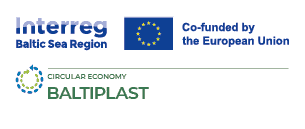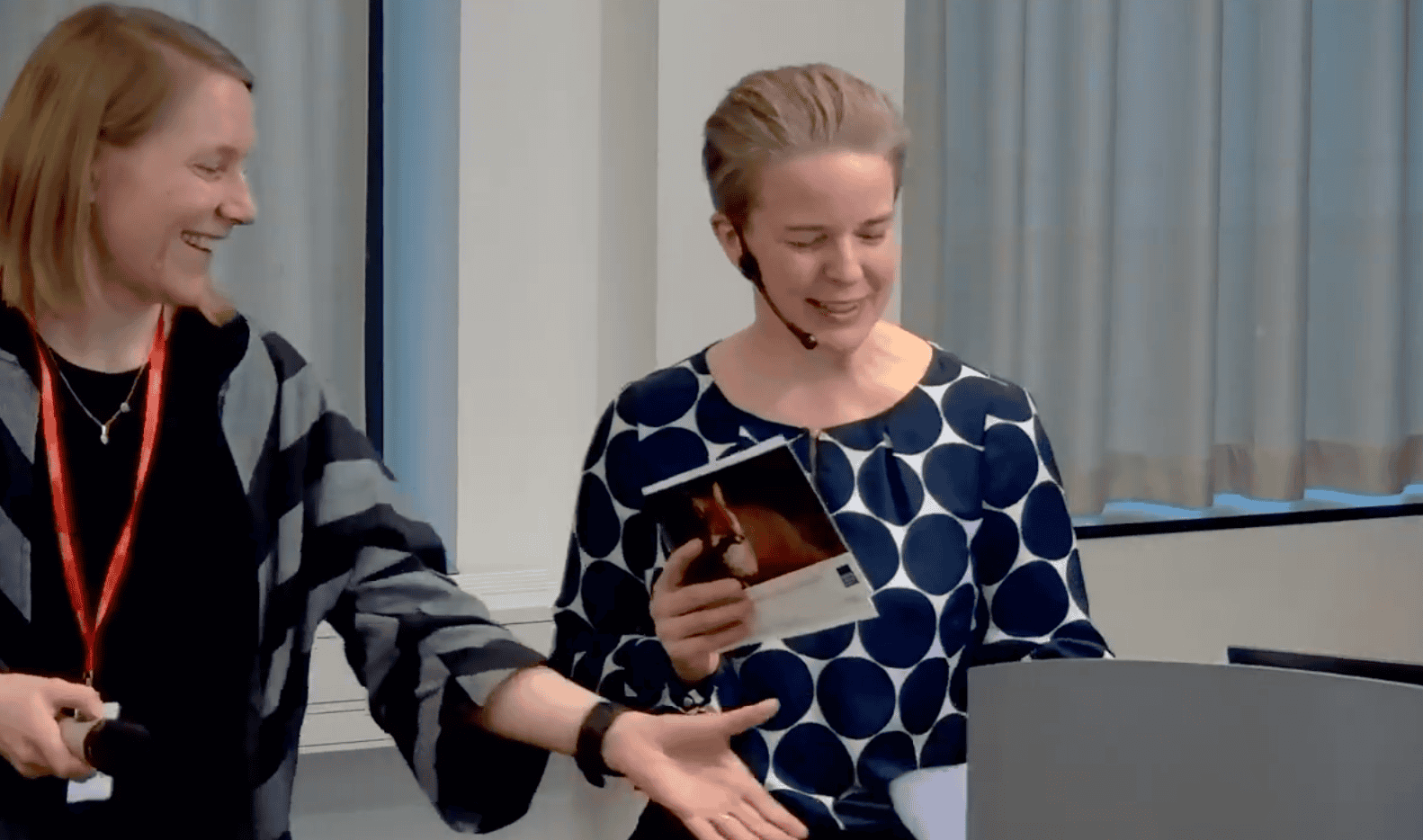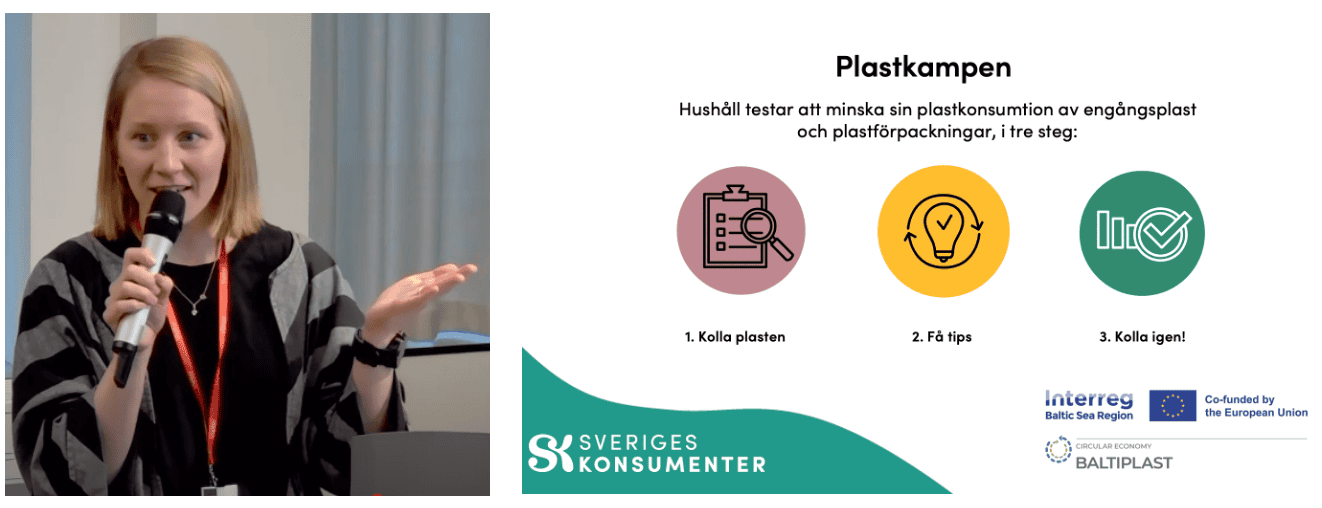
Sweden Advances Sustainable Plastic Use
12 February 2025
Plastic plays an integral role in modern society, fulfilling a variety of essential functions. However, unsustainable consumer practices have contributed to increasing plastic waste, posing significant environmental challenges. This issue is particularly relevant in Sweden, one of the partner countries in this ongoing initiative to promote responsible plastic consumption. Addressing these challenges requires informed decision-making supported by comprehensive knowledge of consumption patterns, waste generation, waste management strategies, and the primary sources of plastic pollution.
The Swedish Environmental Protection Agency (EPA) has taken a leading role in fostering sustainable plastic use at the national level by coordinating initiatives, disseminating research, and encouraging collaboration. A key element of these efforts is the annual “Plastbubbel” conference, which has been held for three consecutive years. This event serves as a platform for discussing developments in plastic consumption and sustainability.
Our project joined this event for the second year in a row. This year Maria Hammarling, Project Manager at the Swedish Consumers’ Association, presented BALTIPLAST, introduced the concept and first learning of our Plastic Campaign programme aimed at reducing plastic packaging and single-use plastics in households.
Key takeaways from the testing of our behaviour change programme Plastkampen are:
- Consumers have demonstrated a willingness and ability to modify their behaviour, as evidenced by the behaviour change programme Plastkampen, which resulted in a 29% reduction in plastic waste per person.
- Despite consumer enthusiasm, transitioning to sustainable plastic consumption remains challenging due to the limited availability of eco-friendly alternatives in the current market.
- There is a critical need for guidance to help consumers identify and adopt sustainable solutions.
- Behaviour change programs can play a significant role in breaking unsustainable consumption habits.
The discussions and presentations from the conference have been made available online, providing an opportunity for stakeholders and the general public to gain insights into strategies for sustainable plastic use.
The Plastbubbel conference continues to serve as a vital forum for knowledge exchange and collaboration among experts dedicated to reducing plastic waste. The Swedish Environmental Protection Agency, along with its partners, remains committed to fostering innovative solutions for responsible plastic consumption.
We extend our appreciation to the organizers and all participants for their contributions to this important initiative.







